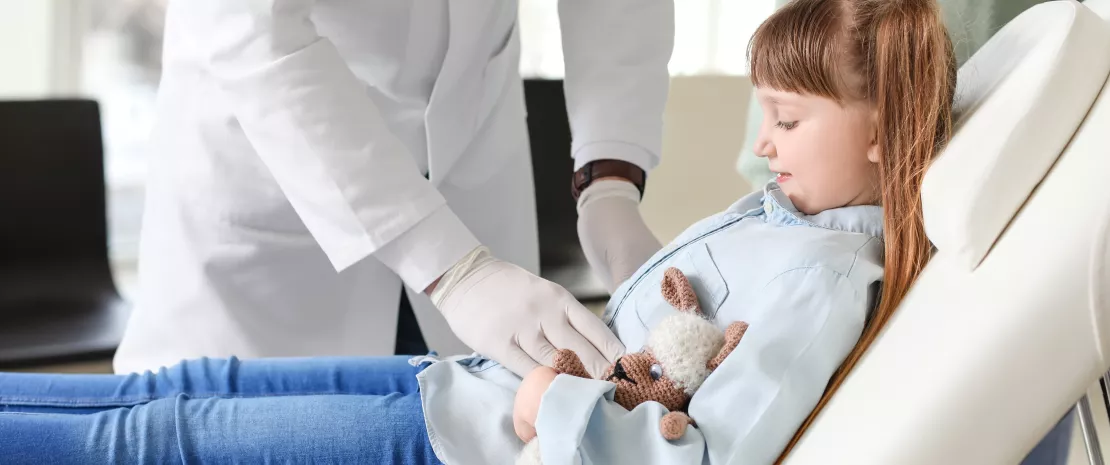Rotavirus and norovirus are to blame
What causes these disorders? Among all infectious agents responsible for viral gastroenteritis, two viruses stand out as the most virulent and draw the most attention: rotavirus and norovirus. The composition of the gut microbiota–that will end up being altered by these viruses–, as well as each person’s genetics probably play a role in individual susceptibility to these infections.
- Learn all about microbiota
- Microbiota and related conditions
- Act on your microbiota
- Publications
- About the Institute
Healthcare professionals section
Find here your dedicated section
Sources
This article is based on scientific information
Sections

About this article
Taking all ages together, the main cause of gastroenteritis is norovirus. However, in children under five, rotavirus-induced infections are the first cause of severe and acute diarrhea worldwide. Poor countries are the most affected, despite vaccines and antiviral drugs.
Rotavirus was identified in 1973 and owes its name to its distinctive wheellike structure3. There are ten different species of rotavirus, the most common one being species A. Besides diarrhea, which is non-bloody and short term, contrary to bacterial diarrhea, the infection causes vomiting that contributes to the patients’ dehydration and may hamper treatment efficacy. Rotavirus-induced infection is generally more severe than diarrhea caused by other infectious agents: fever, dizziness, fatigue are defensive reactions to the infection. If it persists for over a week or if diarrhea/vomiting worsen, medical consultation and specific treatment are required. Rotavirus transmission is possible year-long and mainly occur through direct or indirect contact with infected people. Complications are rare but possible: if it enters the blood stream, the virus can cause extraintestinal infections, mainly neurological (meningitis, encephalitis, encephalopathy). The introduction of vaccination in 2006 throughout the world had two consequences in rich countries: people infected are older (teenagers or people over 70), and outbreaks have become seasonal.
Pay attention to diet and close contact10 !
Norovirus is extremely contagious, highly infectious and relatively resistant to disinfectant agents. As such, it is mainly transmitted through the intake of infected food or water, or through contact with contaminated objects or people. Airborne contamination is also possible. Simple isolated cases can quickly lead to epidemics in confined spaces (cruise ships, health care facilities, hospitals…) and acute forms can cause severe intestinal complications (postinfectious irritable bowel syndrome, life-threatening dehydration…). Usually, norovirus-induced gastroenteritis lasts between one and four days and is associated to the same symptoms as rotavirus-induced gastroenteritis: abdominal pain, nausea, vomiting and non-bloody diarrhea. It generally resolves spontaneously, but several months may be needed to eradicate the virus in healthy carriers (infected but without any symptom), or sometimes even years in people with a weakened immune system; and since they become chronically ill, they probably also become disease reservoirs.
20 million norovirus-induced gastroenteritis per year in the US (cost: 60 billion USD)
42 % decrease in mortality rate since the launch of the anti-rotavirus vaccine (2006)











